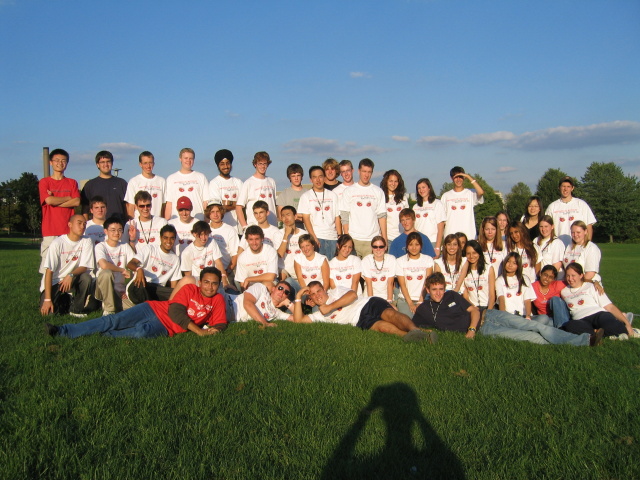 Some interesting posts about freshmen and liberal arts education, on Dr. J's blog, which references posts here and here.
Some interesting posts about freshmen and liberal arts education, on Dr. J's blog, which references posts here and here.
The upshot of these posts seems to be that most freshmen are not ready (or looking) for a life-changing, mind-opening experience in their classes, and the small number who are, are the ones who will go on to be grad students and professors like us. Thus the cult of liberal arts perpetuates itself, while remaining completely out of touch with the needs and priorities of most college students, and the population at large.
This isn't the first time I've heard this critique, but I do find it worrisome. It speaks to a question that I never entirely answered in a satisfactory way during my two years of teaching Philosophy of the Person: What exactly was I supposed to be accomplishing in this class?
Here's what BC has to say about why they require undergrads to take philosophy classes:
Philosophy has had a permanent place in Jesuit higher education and should be an important part of the Boston College core. By introducing students to the great philosophical questions, philosophy supplies an integrated vision of physical, human and spiritual reality; it weighs propositions fundamental to personal dignity and social responsibility; and it examines moral issues that affect personal and social decency.*
Basically, studying philosophy is supposed to make you a better person. And indeed, this is the hope I cherish, both for myself and for my students. But how exactly is it supposed to do this?
The standard introductory survey course seems ill-suited to this goal. But as a teacher, it's the only model I had to work from. It worked for me as a student — but I was one of those unusual students who continued to study philosophy at the graduate level.
What does philosophy have to offer to the average student? And how do we go about delivering these goods in the classroom?




No comments:
Post a Comment